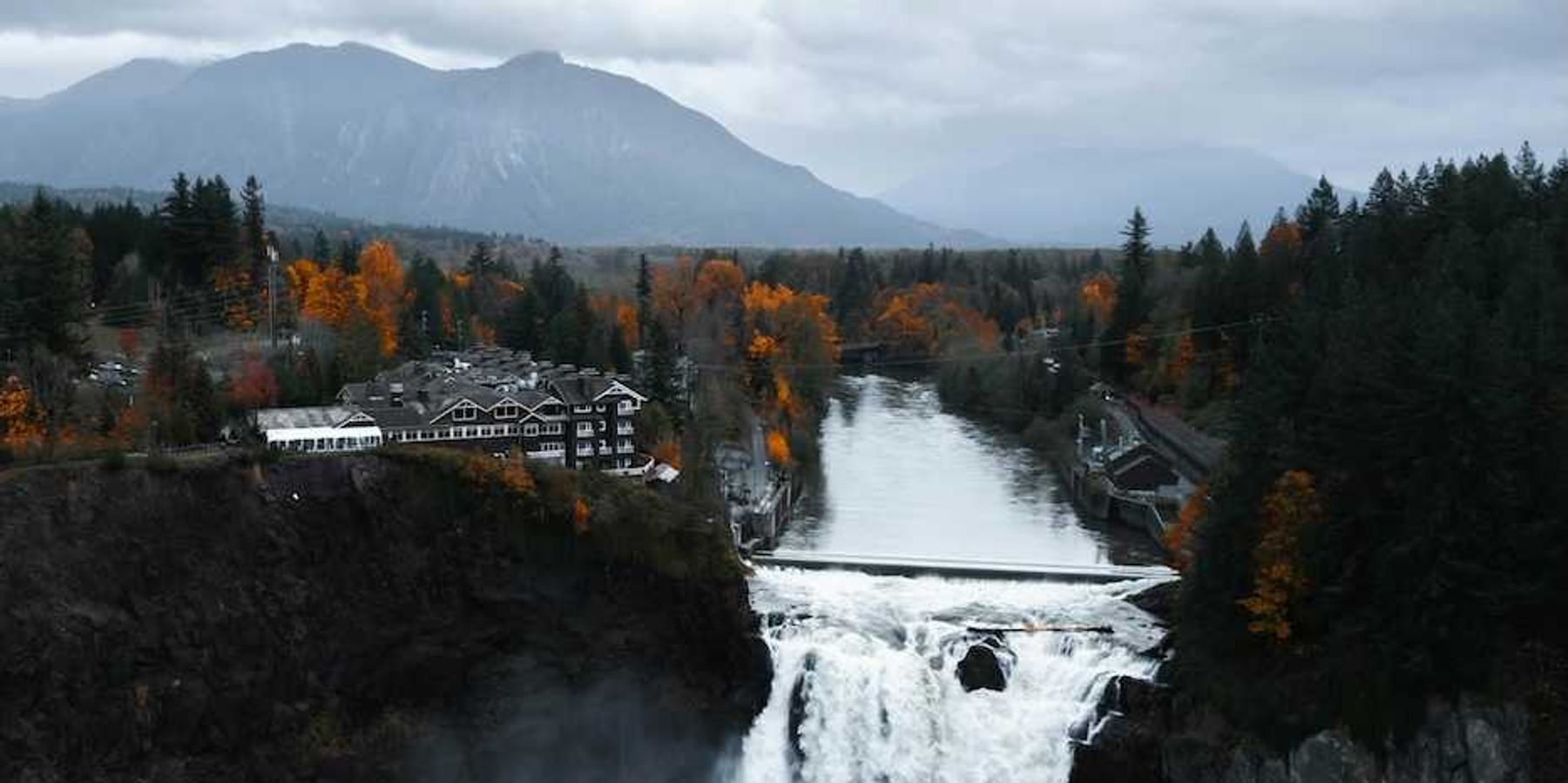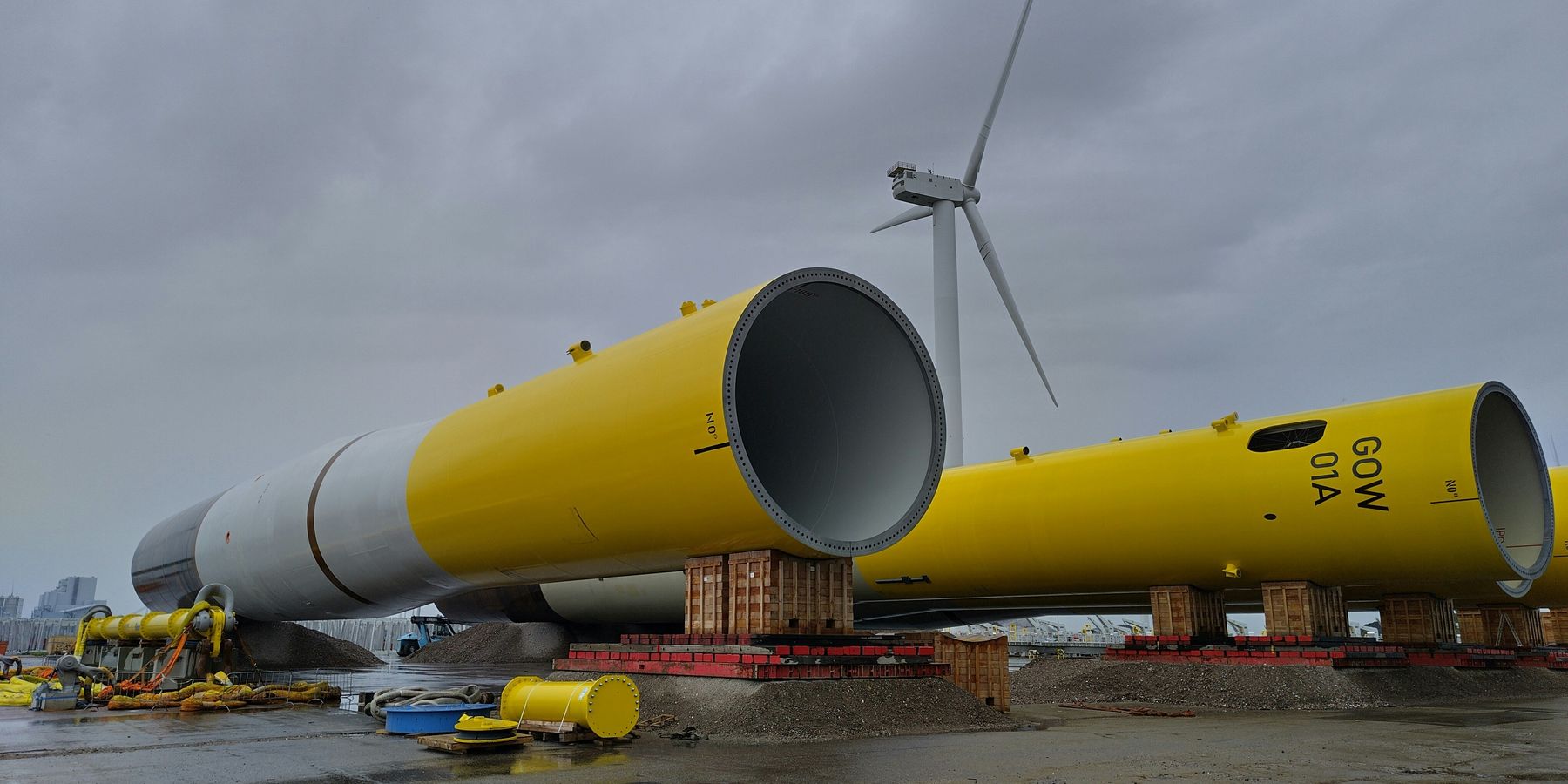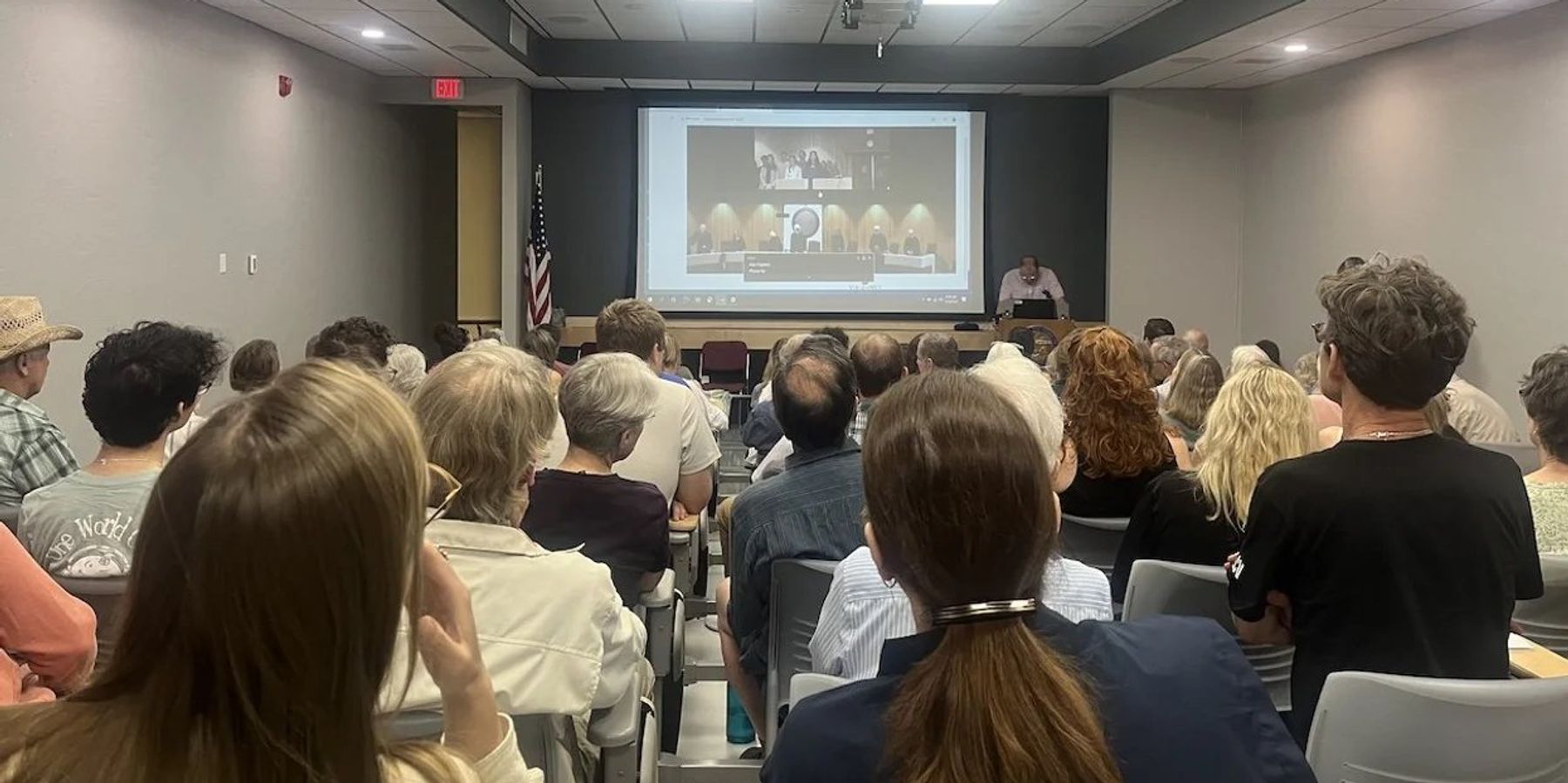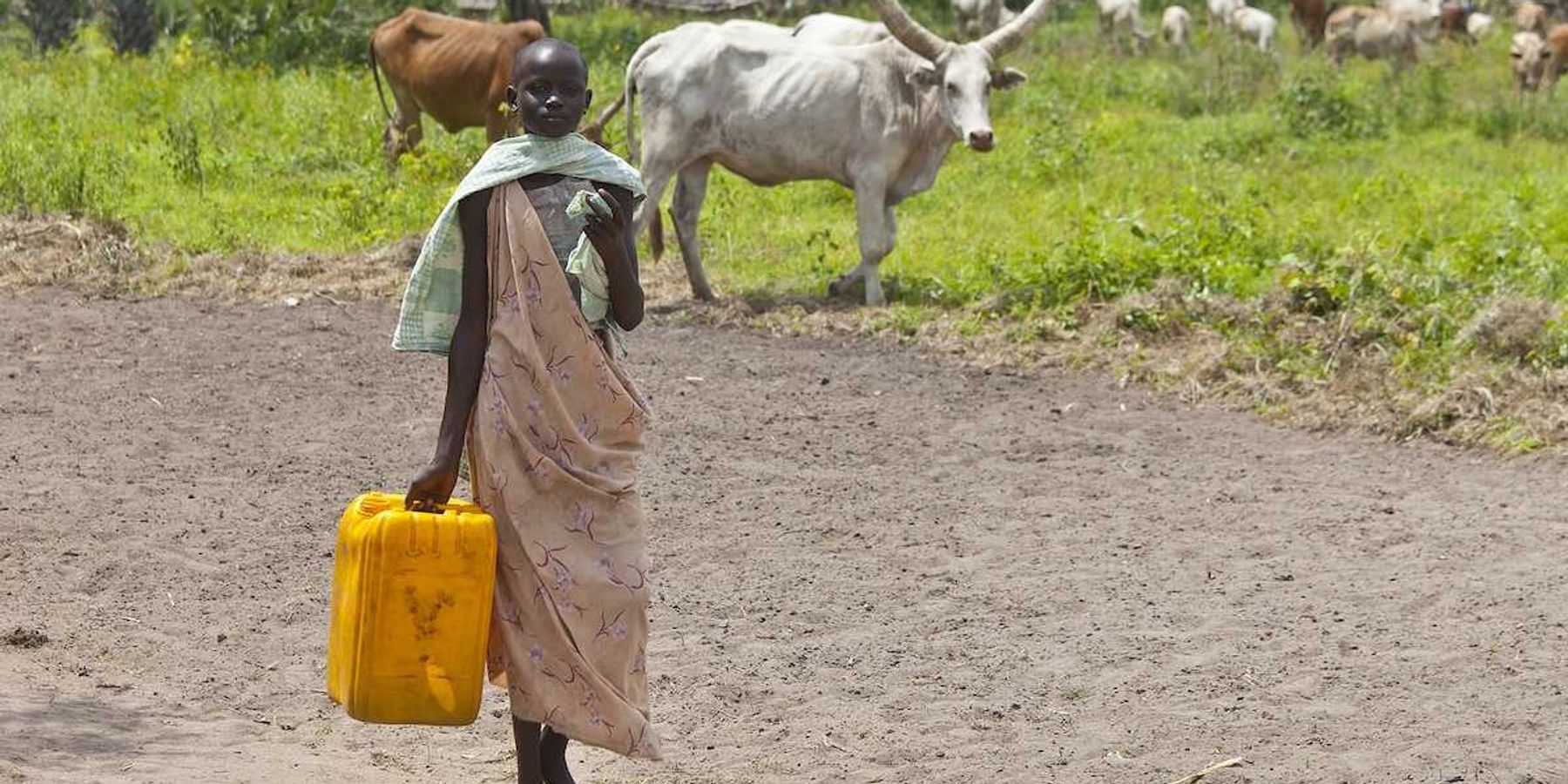County officials contest federal ruling on pipeline route restrictions
A federal judge’s decision to limit local and state authority over carbon dioxide pipeline routes faces challenges from multiple groups concerned about public safety.
Jared Strong reports for Iowa Capital Dispatch.
In short:
- Chief Judge Stephanie Rose ruled that only federal regulators can enforce safety standards for CO2 pipelines, blocking Iowa counties from setting minimum separation distances.
- The ruling is being contested by organizations like the Iowa Farm Bureau and the Pipeline Safety Trust, which argue for the importance of local regulations to prevent potential hazards from pipeline ruptures.
- Appeals are ongoing, with arguments focusing on the balance of regulatory power between local, state, and federal authorities.
Key quote:
“Local governments have traditionally exercised broad powers to regulate land use, including setback distances and property development that includes development in the vicinity of pipelines.”
— Alan Mayberry, pipeline safety administrator for PHMSA
Why this matters:
Carbon dioxide pipelines, designed to transport CO2 for purposes like enhanced oil recovery and carbon capture and storage, have been touted as essential tools in the fight against climate change. However, their routes often cut through populated areas, raising alarms about the potential for accidents and leaks that could pose serious risks to human health and the environment.













